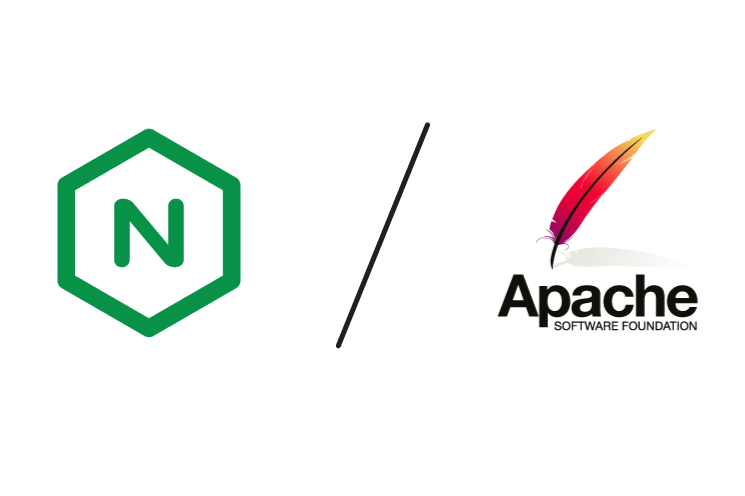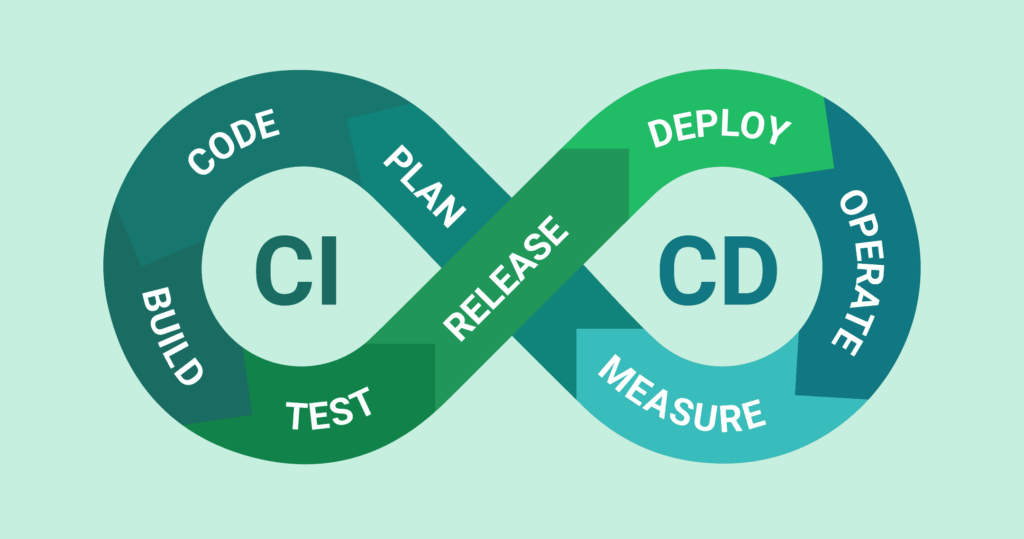Worried About Choosing NGINX or Apache? Here's the Key Difference
When launching your website or scaling your backend infrastructure, choosing between NGINX and Apache can be challenging. Learn the key differences and make an informed decision.

When launching your website or scaling your backend infrastructure, one common question arises:
Should I choose NGINX or Apache?
Let's break it down for you — simply and clearly 👇
🔹 NGINX: Speed, Simplicity, and Scalability
Event-based architecture
- Handles thousands of concurrent connections with ease
- Perfect for static content, reverse proxy, and load balancing
- Ideal when performance is a priority
NGINX uses an event-driven architecture that makes it incredibly efficient at handling multiple simultaneous connections. This architecture allows NGINX to serve thousands of clients with minimal memory usage, making it perfect for high-traffic websites and modern web applications.
Key NGINX Advantages:
- Superior performance for static content delivery
- Low memory footprint and resource efficiency
- Excellent reverse proxy capabilities
- Built-in load balancing features
- Fast SSL/TLS termination
- Asynchronous request handling
🔹 Apache: Flexibility and Compatibility
Process/thread-based model
- Highly configurable with .htaccess
- Great for dynamic content and legacy systems
- Built-in support for modules and extensions
Apache HTTP Server has been a cornerstone of web hosting for decades. Its modular architecture and extensive configuration options make it incredibly flexible and suitable for a wide range of applications.
Key Apache Advantages:
- Extensive module ecosystem (50+ official modules)
- .htaccess support for directory-level configuration
- Excellent dynamic content processing
- Strong compatibility with legacy applications
- Mature documentation and community support
- Integrated PHP processing capabilities
💡 TL;DR
✔ Use NGINX when you need speed, scalability, and modern performance
✔ Stick to Apache if you value flexibility, compatibility, and module-level control
At XpertBees, we don't just help you choose — we implement the best-fit server stack based on your business needs.
Whether it's high‑traffic optimization, server tuning, or DevOps automation — we're just one click away.
When to Choose Each:
Choose NGINX for:
- High-traffic websites
- Static content delivery
- Microservices architecture
- Load balancing needs
- Resource efficiency
Choose Apache for:
- Legacy applications
- Shared hosting
- PHP-heavy websites
- Complex configurations
- Extensive customization
Pro Tip: Many organizations use both together - NGINX as frontend for static content and reverse proxy, Apache as backend for dynamic processing.
Tags
Share this article
Frequently Asked Questions
Get answers to the most common questions about this topic
Still have questions? Contact our team for personalized assistance.
Related Articles
More insights from the same category

DevOps Automation: Building Bulletproof CI/CD Pipelines
Transform your development workflow with modern CI/CD practices. Learn how to build automated pipelines that reduce depl...